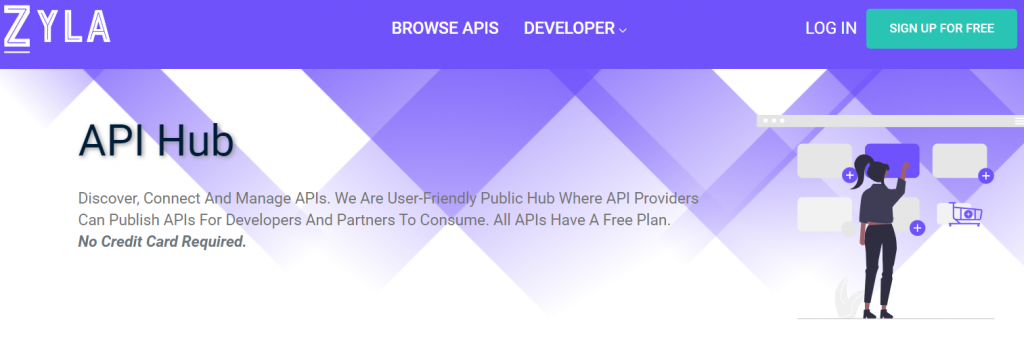Interested in monetizing your APIs but not sure how? In this article, we will give you some general guidelines on how to develop and sell your APIs.
The application economy has forced companies to transform themselves. In order to capture new growth opportunities, companies are becoming more open and sharing selected data and applications with developers and partners on mobile devices, the cloud, and the Internet of Things (IoT). One of the consequences of this transformation is the realization that legacy data has value in the application economy; so much so that new revenue opportunities arise by using this data in new ways.
The API economy is gaining popularity, mobile devices are proliferating in work areas and large organizations are moving critical IT infrastructure to the cloud. All of this in turn is driving the need to introduce technologies capable of securely connecting with external developers, mobile applications, and cloud services.
But how is it possible to take advantage of the potential of data? The answer: by monetizing APIs, that is, charging fees for the use of APIs that allow access to enterprise data.
With the right API management platform, you will be able to securely expose your APIs and enforce access charges while providing developers with the information needed to build applications.

Best practices for API monetization
There are many different ways to generate new revenue streams from your company’s proprietary data and services. But in order to implement these business models, you need to develop the right strategy.
- Identification of data with external value
- Exposure of data through APIs and commercialization of their value
- Determination of the appropriate monetization model and establishment of a billing method
- Use of analytics to evaluate the success of APIs
- Management of both parties’ service level agreements to ensure that customers receive the API service they need, but only what they have paid for.
To take full advantage of the value of APIs and avoid the risks of exposing back-end systems for security, it is essential to invest in an API management platform, for example, a marketplace, that offers all possible functionalities. The API management platform must also provide all possible functionalities for service composition, security, identity, and access, as well as performance optimization, lifecycle management, and developer/users interaction.
API marketplaces enable API providers to list their APIs and developers to consume them. A typical API marketplace, like other kinds of markets, has many components. A developer portal and an API provider site are included.
In terms of platform dependability, we strongly recommend Zyla API Hub.

Why Zyla API Hub?
The Zyla API Hub positions itself as a user-friendly, intuitive, and dynamic public hub where API developers can submit their work for consumption by users and clients.
This platform also contains marketing strategies for publicizing your API. For example, after your products are published on Amazon, the only reason someone will buy them is because they found them. This method, on the other hand, is exceptional in the manner it promotes your products to ensure that more people have access to them.
Furthermore, Zyla API Hub offers an assistant who will oversee each stage of the process and ensure the successful sale of your API. And, no, you will not be charged an additional fee for this.

